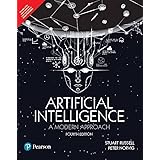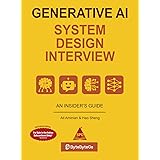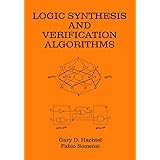Artificial Intelligence (AI) is revolutionizing the world, ranging from customer-service chatbots to sophisticated machine learning algorithms that fuel automation. Did you know that the most capable AI technologies are open-source? Open-source AI is revolutionizing the space, opening up AI to more accessibility, transparency, and collaboration.
What is Open-Source AI?
Open-source AI refers to artificial intelligence models, frameworks, and tools that are freely available for anyone to use, modify, and distribute. Unlike proprietary AI systems developed by big tech companies that restrict access, open-source AI provides transparency and community-driven innovation. Some well-known open-source AI projects include TensorFlow, PyTorch, and OpenAI’s Whisper.
How Does Open-Source AI Work?
It is governed by an easy yet strong concept—collaboration. Organizations, researchers, and developers develop AI projects through contributions of code, datasets, and fixes. Let’s discuss how it normally proceeds:
Development: Developers or organizations design AI models and release them in the public domain on websites such as GitHub.
Collaboration: Global developers test, modify, and update these models.
Deployment: Startups, businesses, and researchers use these AI models in their applications and further refine them.
Iteration: The community keeps fine-tuning the models, and they become more efficient and capable with time.
Advantages of Open-Source AI
Open-source AI is transforming the tech world in various ways:
1. Accessibility to All
Everyone, including students and startups, can utilize open-source AI without paying for costly licenses. This open-sourcing of AI makes even small enterprises compete with the tech giants.
2. Transparency & Trust
Because the code is open, developers can examine and comprehend how AI models function. This openness minimizes bias, enhances security, and builds trust in AI systems.
3. Quicker Innovation
With input from a worldwide community, open-source AI develops quickly. New developments occur quicker than in closed-source systems, where only a small team makes improvements.
4. Customization & Flexibility
Users can customize open-source AI models to meet their own requirements. Whether it is customizing a language model or tuning an AI-driven recommendation system, it is simple and inexpensive to do so.
5. Ethical AI Development
It allows researchers to develop ethical AI by pointing out and fixing biases. Under public scrutiny, immoral AI practices are going to be challenged and fixed more often.
Challenges of Open-Source AI
Quality Control: With anyone able to contribute, keeping the code of high quality and free from vulnerabilities is an ongoing task.
Security Risks: Open-source AI software is at risk of being tampered with maliciously if not thoroughly checked.
Computational Costs: Though the software is free, execution of sophisticated AI models demands substantial computing power.
Also read : Revolutionizing Marketing: Harnessing AI Tools for marketing for Success
Conclusion
Open-source AI is a game-changer, bringing freedom, transparency, and innovation to the world of AI. Whether you’re a developer, business owner, or AI enthusiast, jumping into open-source AI can unlock unlimited possibilities.
You begin by exploring popular frameworks such as TensorFlow and PyTorch, and become part of the growing community that is defining the future of AI!
Keep yourself informed about the newest AI tools and trends at AIToolsInfo.in!




